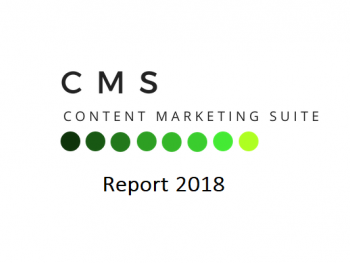Authoritative vs. Popular: which is more valid?

Over the years the Google's algorithm has evolved, taking into account the growing weight of social factors more than it had previously done. With the proliferation and multiplication of social sharing, the problem arises of knowing how to unequivocally distinguish what is authoritative from what is simply popular. That is to say: how do you separate simple popularity from true authority?
Matt Cutts, head of Anti-spam Team Google, helps us to try to find an answer to our question. PageRank is the algorithm that allows to increase the visibility of a site on a search engine. Today the specialised press tends to consider PageRank as the main yardstick of a website's popularity; which, according to Cutts, is nothing short of frustrating. According to this logic, porn sites are among the most popular; or even a Wisconsin real estate agency can be quite popular, even though most Americans probably are not going to conclude their transactions there. On the other hand, government sites emerge as unpopular, because they are poorly linked, despite the fact their authority is indisputable. Since Google can distinguish between popularity and authority, how does it make such decisions and based on which factors, which results should be shown on a specific search query? This is feasible by taking into consideration not only popularity, but also something similar to what a site's reputation is. In the intentions of Cutts, this is the real function that the PageRank algorithm aims solve.
Cutts also focuses on the enunciation of some algorithmic changes that are about to implement the search results. Google will know with greater precision if the site found by the query is simply popular, or is also an authority on the subject sought, perhaps because written and edited by prestigious scholars on what we are seeking, is for example medical information. Everything is difficult but at the same time, very stimulating, continues Cutts. And even if it is not yet able to give us an exact date on when this algorithm will come into operation on Google; the security he displayed clearly shows that his words are not only hypothetical.
It's just a matter of time, but the revolution of the most famous search engine in the world is almost upon us.


.jpeg)


